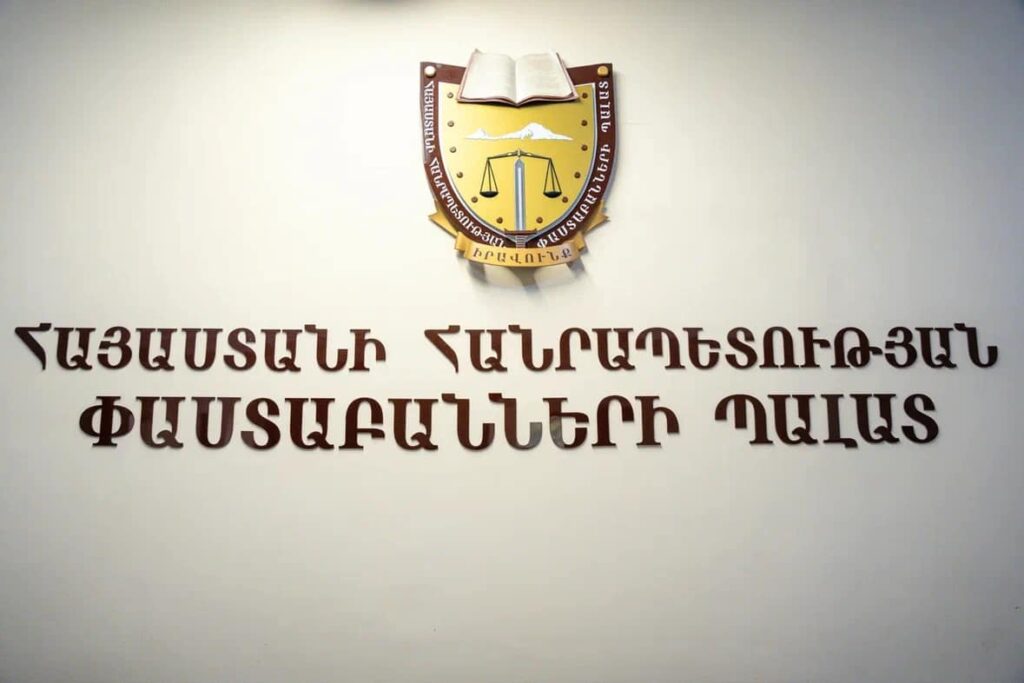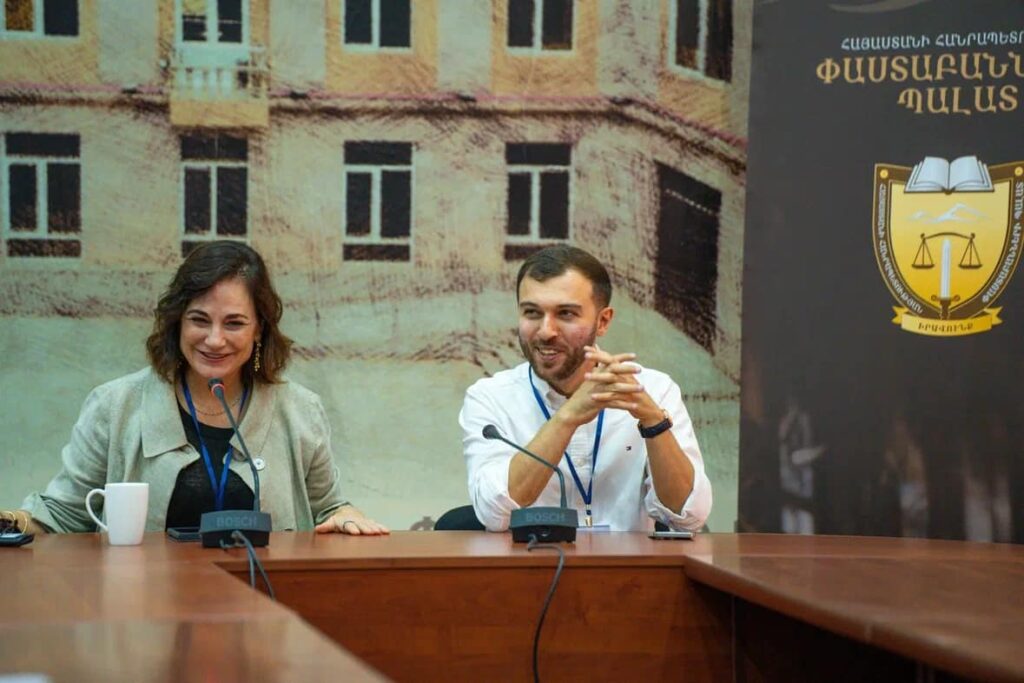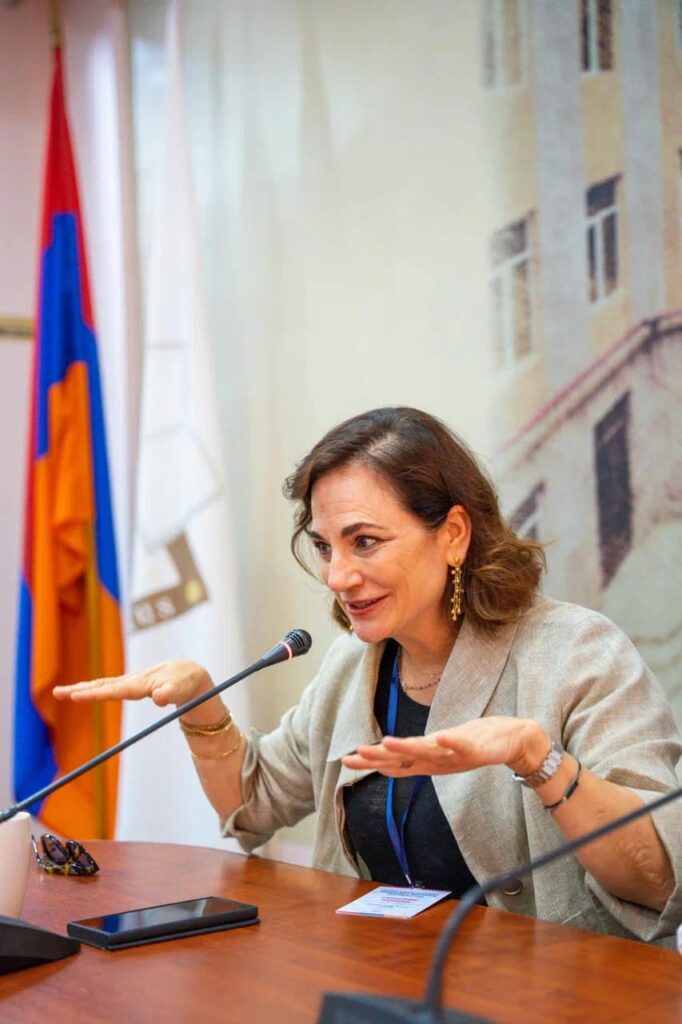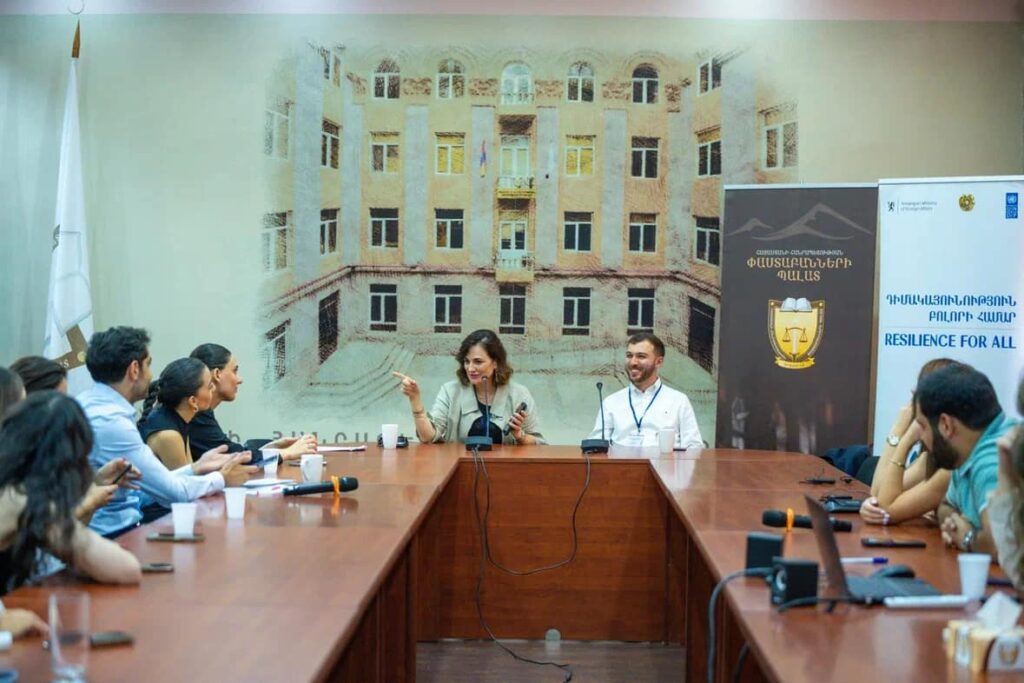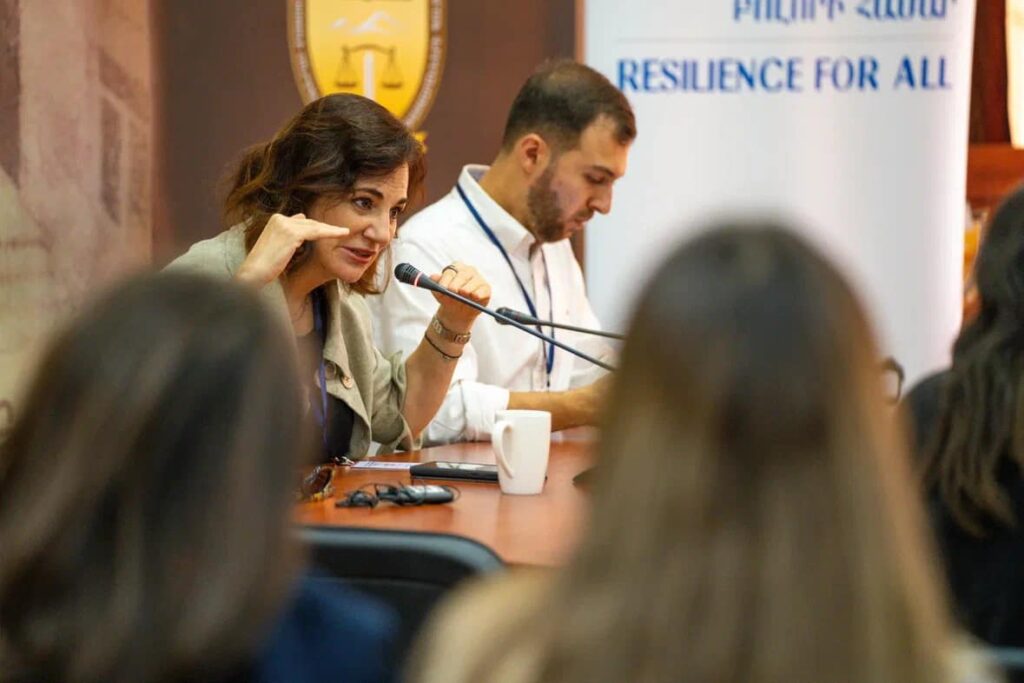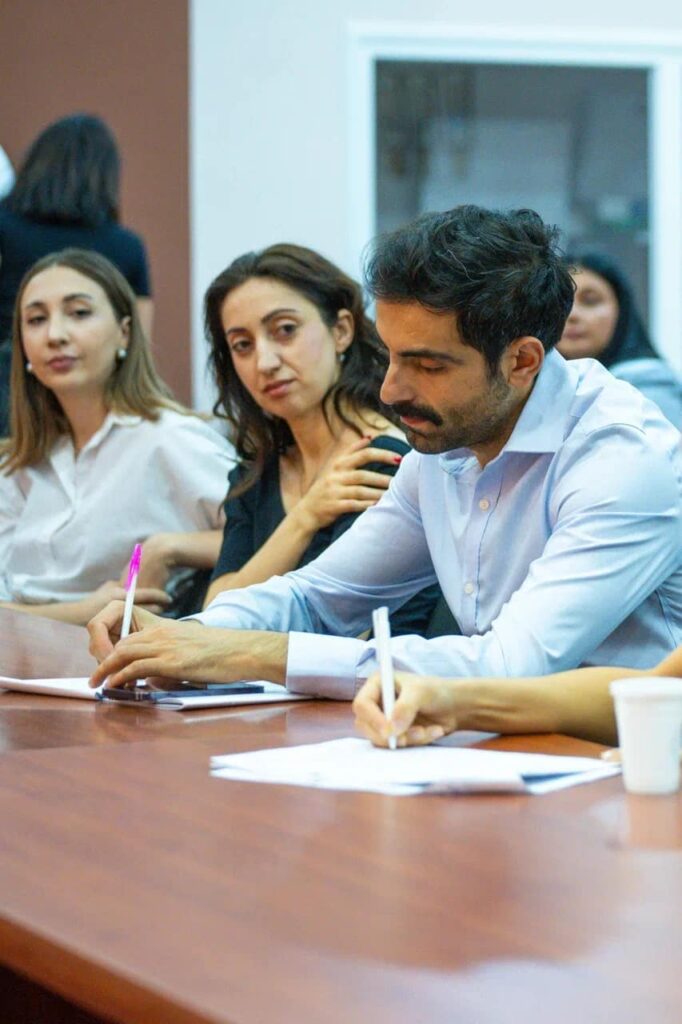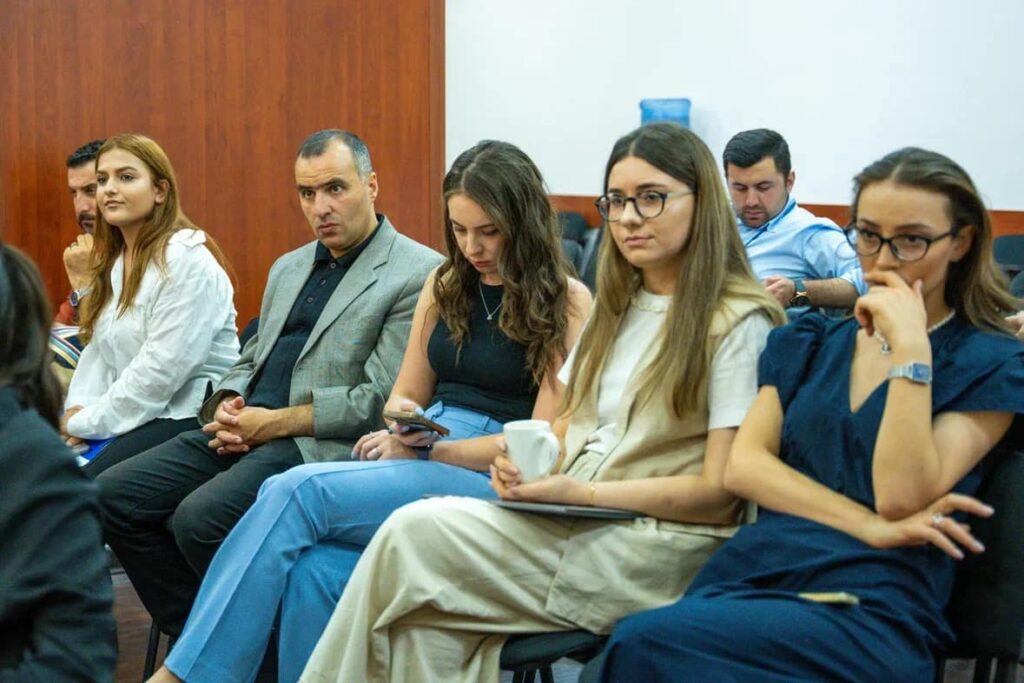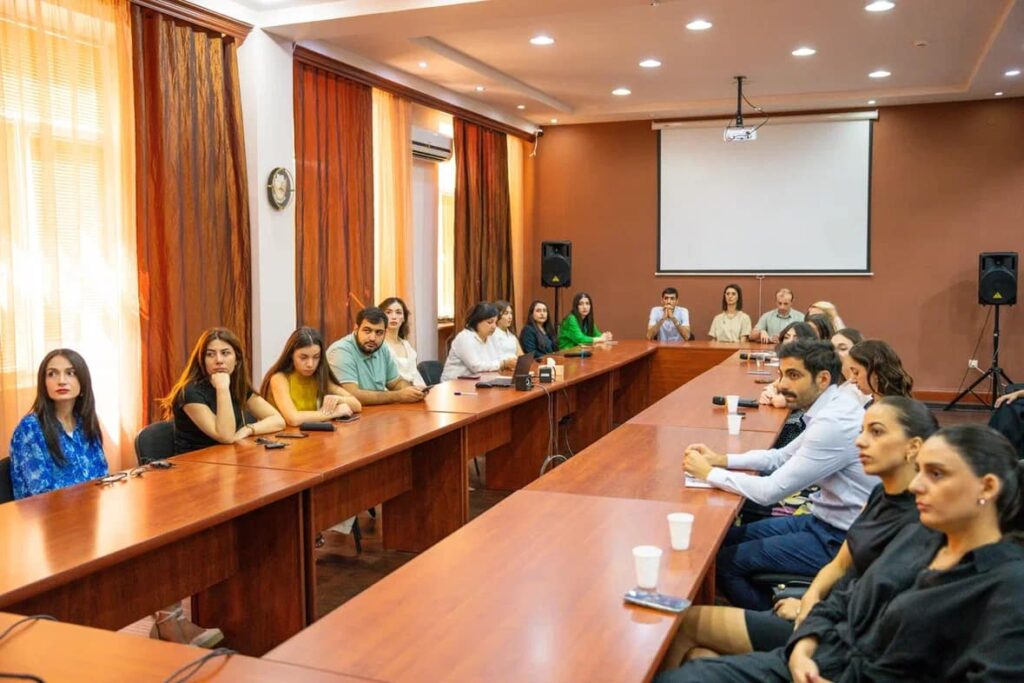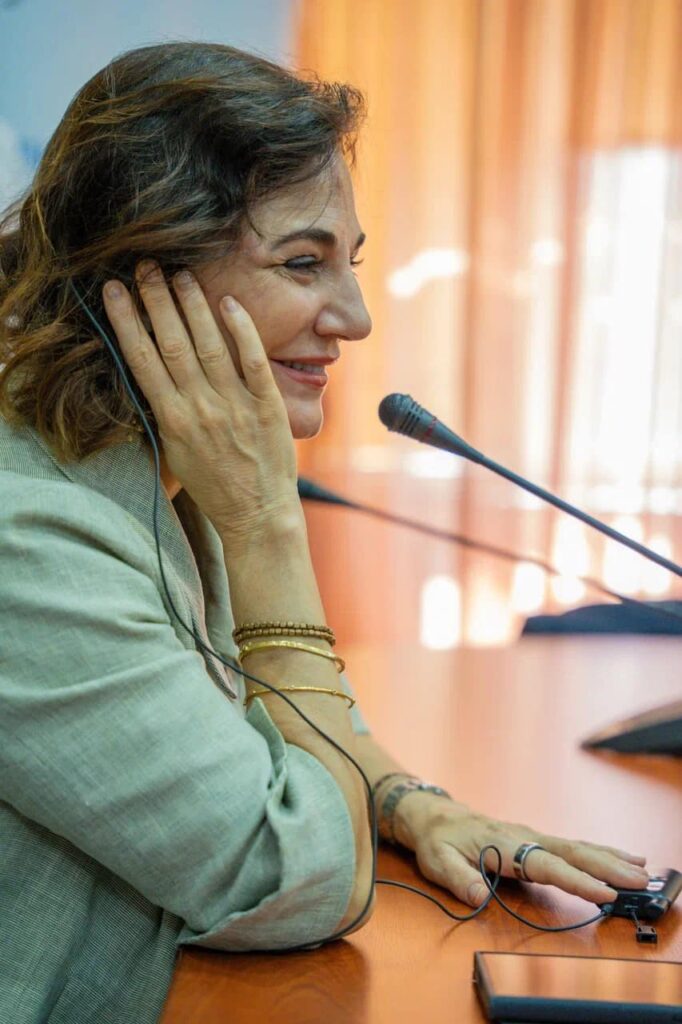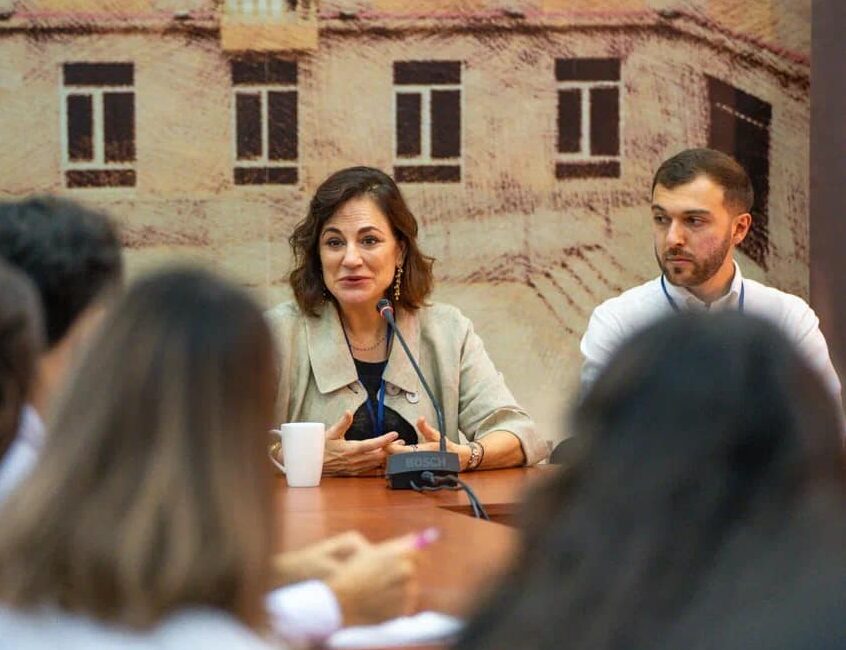Continuing the Arbitration Week, the lecture on Ethics in Arbitration was given by Catherine Rogers, professor of law at Bocconi University
In the context of international arbitration, a significant challenge arises from the fact that actors, such as arbitrators and legal representatives, often come from different jurisdictions, each bringing their own ethical frameworks and practices. This diversity can create an imbalance in how ethical standards are applied across proceedings, leading to potential inconsistencies.
Moreover, the ethical conduct of a lawyer should adjust to these different settings. For instance, when dealing with multiple jurisdictions, legal representatives must navigate varying ethical expectations and professional codes, ensuring their actions align with both the arbitration forum and the specific norms of the involved jurisdictions. This adds another layer of complexity to maintaining fairness and integrity in international arbitration.


